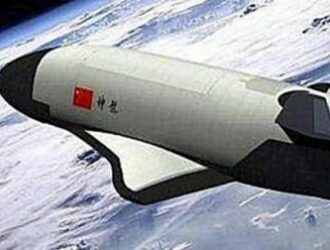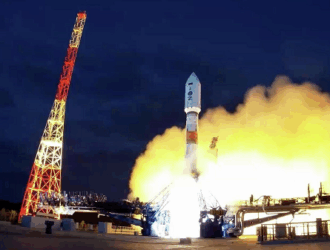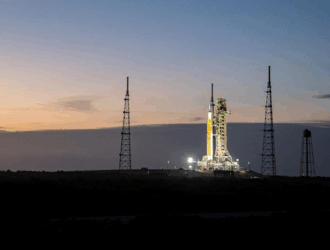
Few human inventions are associated with the future more than rockets. They have enabled humans to escape the gravitational bonds of Earth and fly to the Moon and beyond. Rockets have placed satellites into orbit that let us view our planet from a perspective impossible from the ground. Instead of seeing no farther than the horizon around us, we can see our entire world in a single glance.
Rockets have saved the lives of shipwreck victims—and cost lives during war. Rockets will someday carry humans to Mars and other planets and allow us to mine asteroids for metals and minerals. Perhaps they will save our world from the impact of an asteroid. Rockets of one kind or another may even carry us to the stars.
Rockets have been a symbol of the future for so long that it is surprising just how old and primitive they are. Rockets are actually very simple devices. In their most basic form, they have no moving parts. In fact, other than a tube of fuel that is closed at one end, the simplest rockets might not have any parts at all. Rockets operate by the application of one of the most basic laws of nature: for every action there is an equal but opposite reaction. Rockets were probably invented by accident in China nearly two thousand years ago. That is where the story of rockets begins.



